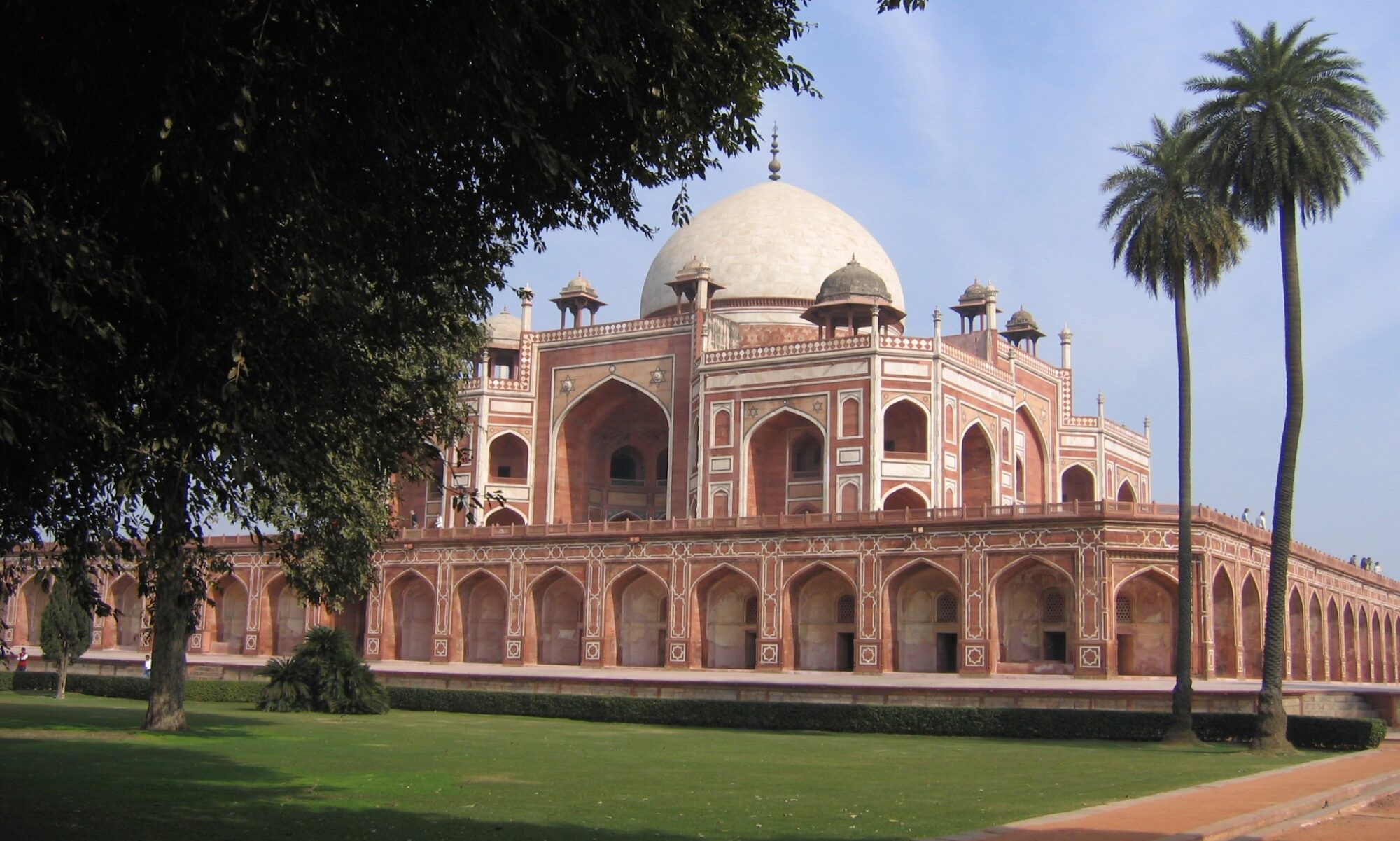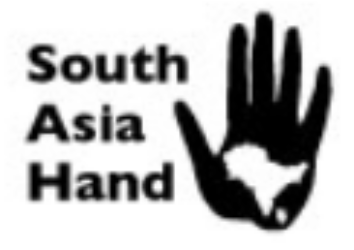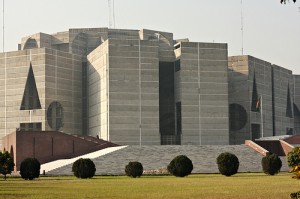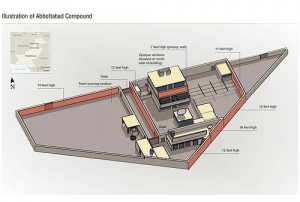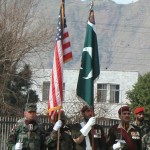
July 22, 2011: It has been almost three months since a U.S. SEAL task force killed Osama bin Laden at his Abbottabad hideaway, gravely aggravating the worst crisis in U.S.-Pakistan relations since 9/11. Since the raid, there has been a continuing flurry of diplomatic activity as officials of the two countries sought to deal with immediate issues and to establish the “operating rules” for fruitful bilateral relations.
